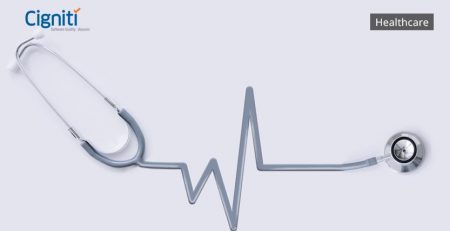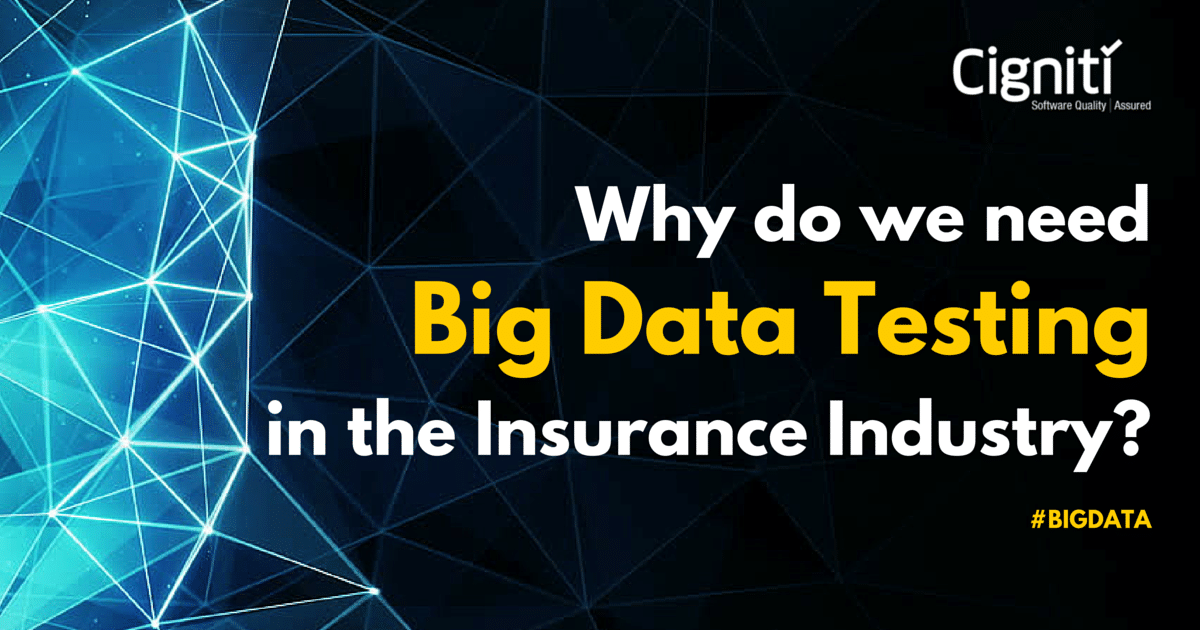Data-driven strategies for digitally transforming healthcare
The healthcare industry is often bashed for its slow adoption of digital technologies and general apprehension toward embracing IT solutions for delivering care.
But as times are changing, patients’ needs are evolving, and the industry is being compelled to let technology make inroads into its landscape.
Especially, with the ongoing pandemic, technology has proven to be a loyal consort, enabling the industry to move at an unprecedented rate. Earlier, where it used to take decades of research and experimentation to develop a drug, now with the help of technology, scientists have developed Corona virus vaccines in record time.
Healthcare digital transformation was always inevitable. It was only a matter of time before the industry opened its arms to the technological revolution of the era. As the sector is moving on its path for digital maturity, there is another extremely critical component that it should embrace and employ to the fullest – data!
The adoption of digital technology solutions has resulted in the generation of volumes of clinical and operational data that can be leveraged to resolve the gaps and holes in the global healthcare system.
With the help of data-driven insights, new avenues in terms of patient care, healthcare management, cost optimization, and many others are opening. Healthcare organizations are therefore required to consider data as a strategic asset for making informed decisions and drive actionable outcomes.
Data-driven healthcare strategies can help standardize care, improve patient satisfaction, enhance quality and safety, reduce costs, and increase revenue.
Shift toward value-based care
There is a widely-known shortage of healthcare professionals across the world, with the ration varying from country to country. Further, there is an uneven distribution of care as well as lack of standardization in the quality of care delivered to the patients. Every individual does not have access to the same standard of care that is needed, which creates a broad gap in the healthcare delivery model.
To tackle this issue, it is essential to shift from the traditional fee-for-service healthcare model to value-based healthcare model.
Value-based healthcare focuses on standardizing the quality of care across all groups of population. And data has an integral role to play here.
Data-driven analytics can allow healthcare organizations to optimize costs and deliver quality care by minimizing readmissions through continuous monitoring and enablement of adherence and compliance among patients.
With the help of insights drawn from the collected data, healthcare organizations can optimally utilize their resources without overburdening any of them, and maintaining the quality at the same time.
Essential for driving predictive and precision medicine
Traditionally, there is either a dearth of the required data or the data available is not of the ideal standards. Healthcare practitioners were therefore had no choice but to draw conclusions from whatever information they had on their hands. However, this practice resulted in high rates of failures and rework as the outcomes are typically reflective of an average. So, there was a big question on the accuracy of the results.
Now, with a number of disparate data sources including Electronic Health Records (EHRs), telemedicine platforms, population health management platforms, and more, sufficient data can be obtained and analyzed to derive the needed insights.
In its digital transformation journey, the healthcare sector needs to transform from its current disconnected, manual, and episodic state to the state of integrated care with empowered population that has access to smart, AI-led, data-driven, predictive and preventive medicine.
Big data & analytics testing in healthcare
The transition from a paper-based healthcare organization to a data-driven healthcare organization will require the right mix of people, processes, and technology. Along with the right set of tools and the ideal culture, the healthcare sector needs to focus on ensuring the correct implementation and utilization of the data initiatives. Further, there are several compliance protocols that need to be adhered to while employing data, and data complexity and lack of technical skills remain some of the major challenges.
While collating the data into the integrated healthcare systems, it should be validated and verified for correctness and completeness, and quality & accessibility. As the industry has to follow a diverse and complex regulatory landscape, it is imperative that it adopts big data analytics applications and software testing practices for compliance, performance, security, and efficiency.
As digitally-transforming healthcare industry will be opening the grounds for several new technology solutions and platforms to enable quality care, healthcare software testing will become critical.
At Cigniti, we support the healthcare organizations in their digital transformation journey by offering expert services in legacy modernization, big data analytics and testing, and end-to-end healthcare software testing services.
We provide software testing solutions for diverse life science and healthcare players such as hospitals, pharmaceutical companies, healthcare services, clinical labs, diagnostic centers, third-party administrators (TPA), payers, medical equipment manufacturers, healthcare ISVs, and research organizations.
Connect with our experts by scheduling a discussion here.





Leave a Reply